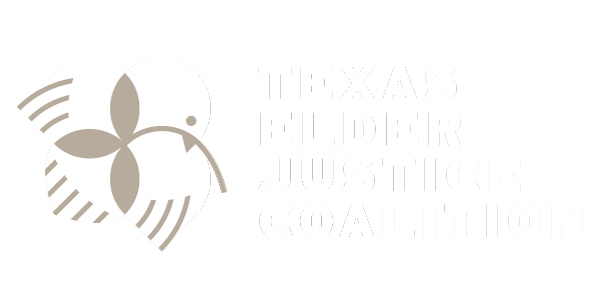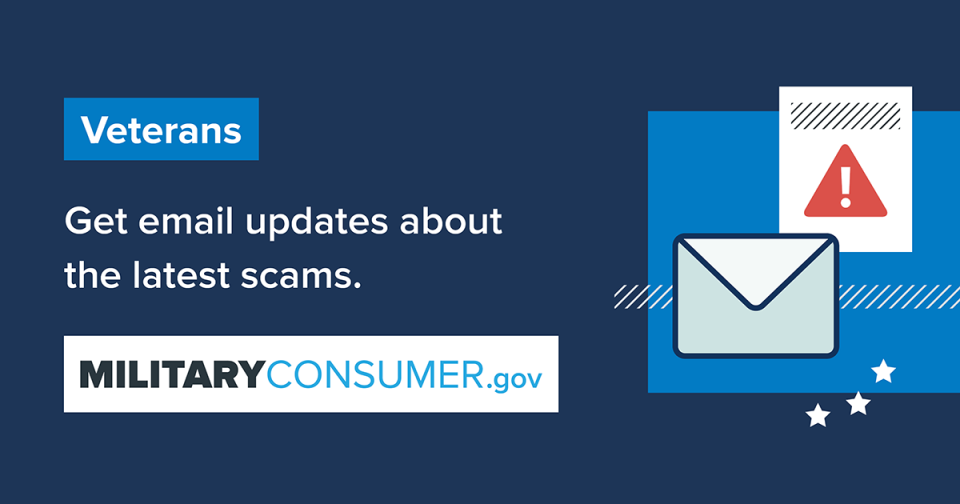This year, make sure your Veterans Day tribute includes ways to help veterans, servicemembers, and military families spot scammers. Did you know that servicemembers and veterans reported losing more than $350 million to fraud last year?
When you talk about scams you’re seeing, you help veterans spot and avoid them too. So, tell your neighbor if you’ve heard about scammers who call claiming to help veterans file for benefits — but they’re really trying to steal their personal information or military benefits.
Let grandpa know about a scam call you got that sounded real and said there’s something supposedly wrong, like unauthorized charges, with your bank account. You knew it was a scam because the caller told you to withdraw cash and deposit it into a specific Bitcoin ATM to protect it (big red flag!), so help your family members spot that scam.
Offer to help your newly enlisted cousin sign up for free active duty credit monitoring to restrict access to their credit report and protect against identity theft.
Once the conversation gets going, let them know you’re there to help. Share advice and resources to help them spot scams — and to know what to do if they were scammed. Here are three resources to get you started:
MilitaryConsumer.gov/blog gives you the latest on scams. Subscribe to get updates sent straight to your inbox.
VSAFE.gov combines federal resources to help veterans learn about many different fraud types and how to handle them — from car-buying to housing to military and veteran benefits.
The National Veterans Financial Resource Center (FINVET) knows that financial well-being is linked to better mental health. Check out their tools to protect your money.
If you or someone you care about spots a scam, tell the FTC at ReportFraud.ftc.gov.
—–
By Samuel Levine
Director, Bureau of Consumer Protection, FTC
Published November 8, 2024
Read the full report here.
https://consumer.ftc.gov/consumer-alerts/2024/11/veterans-day-share-how-you-spot-and-avoid-scams


